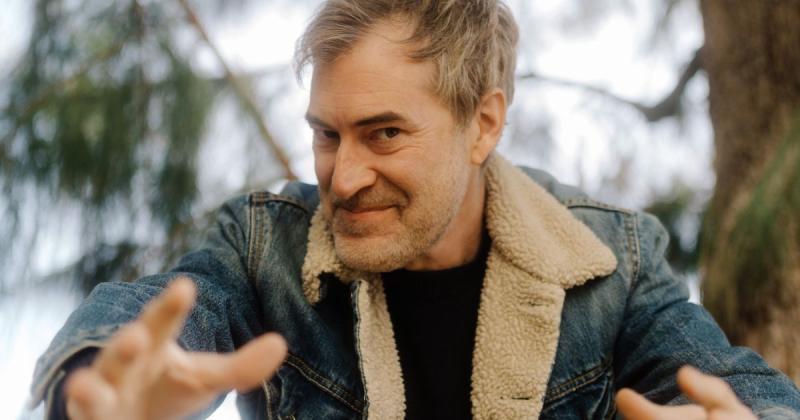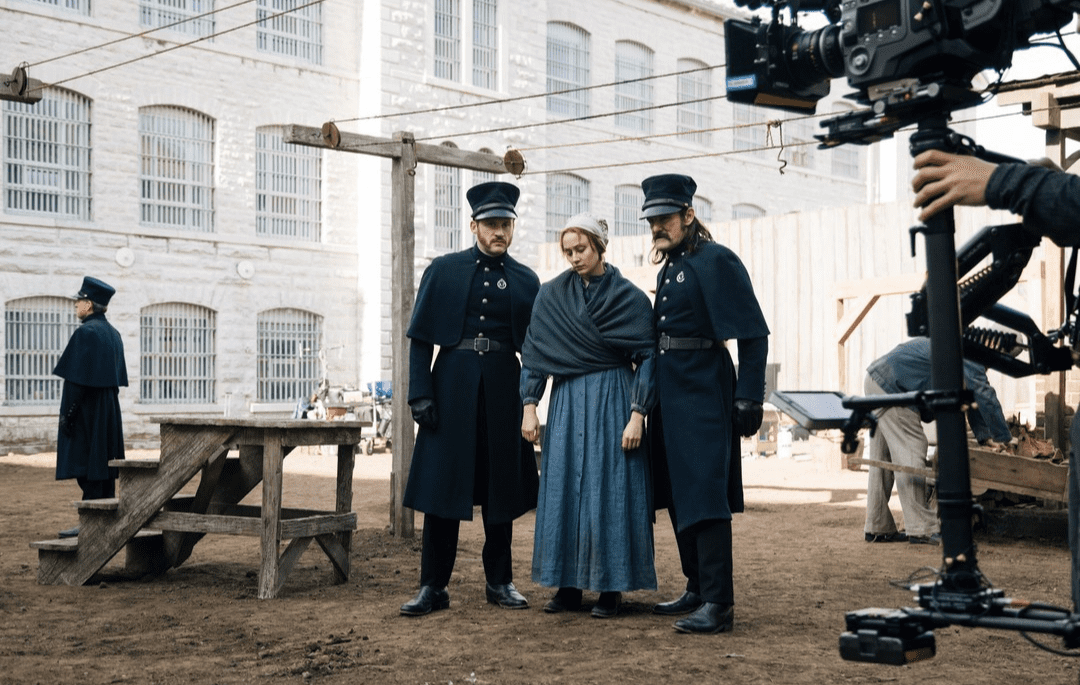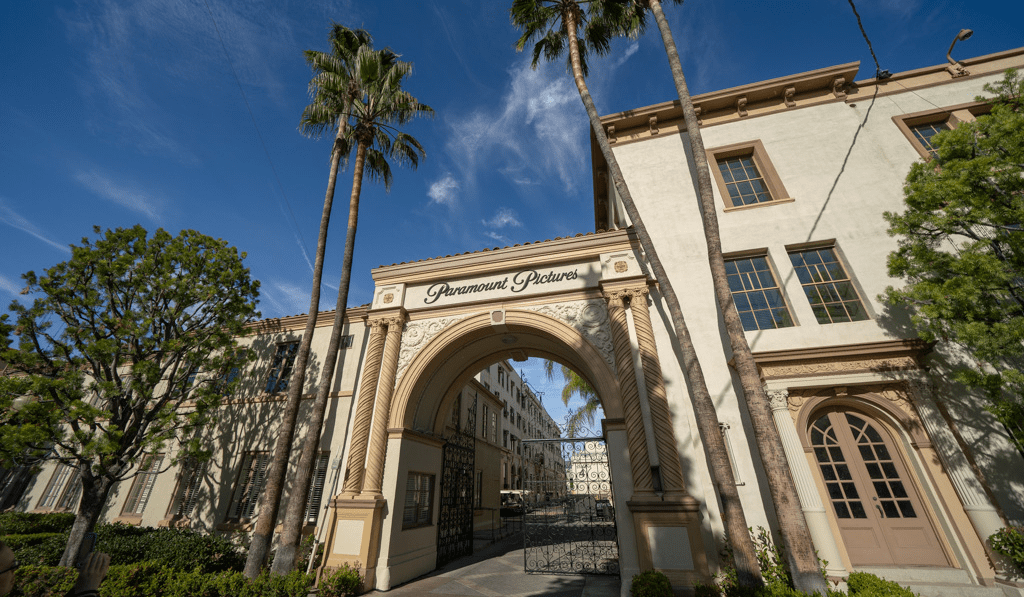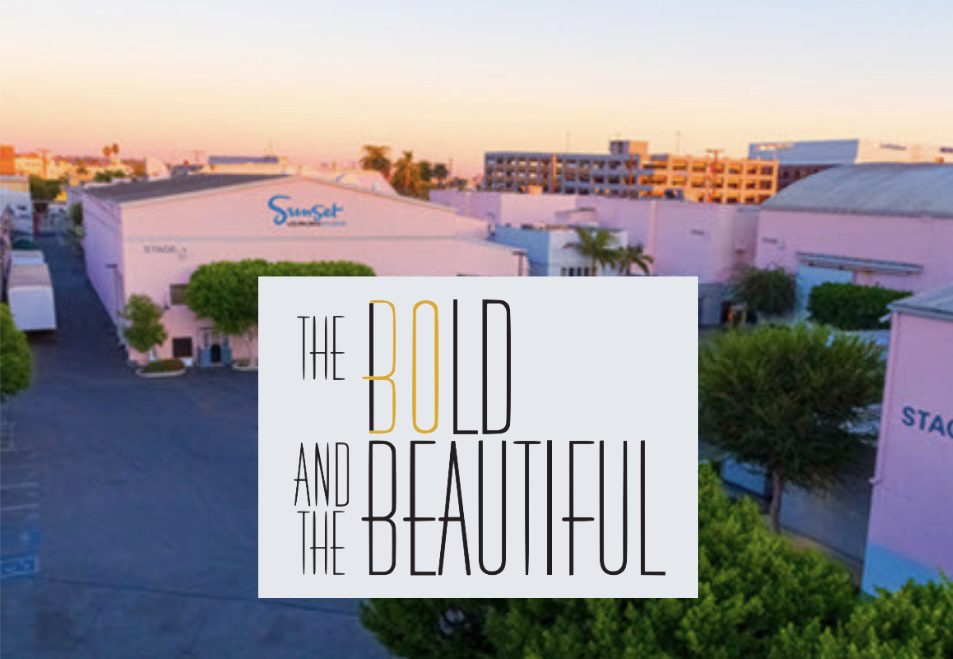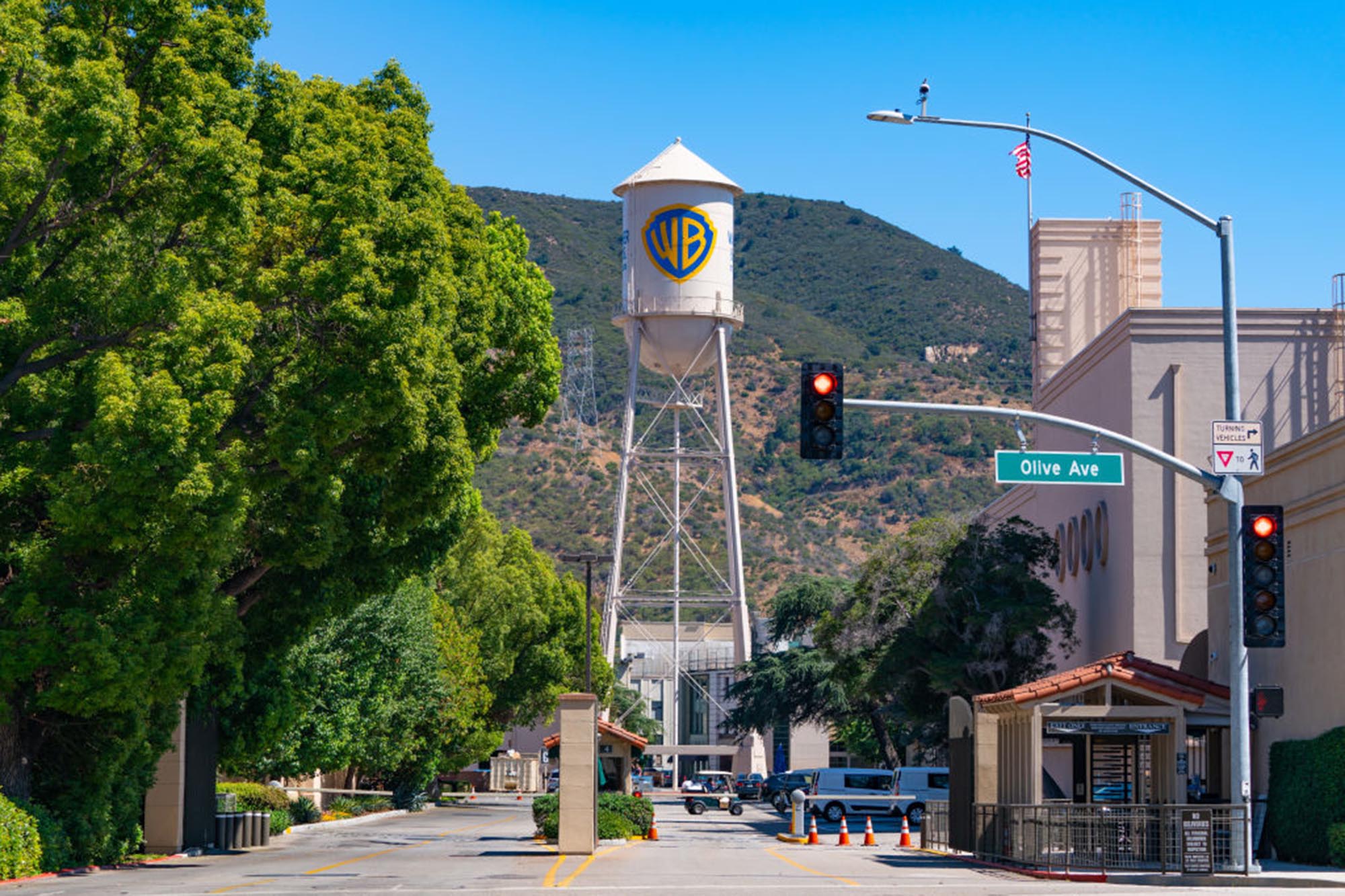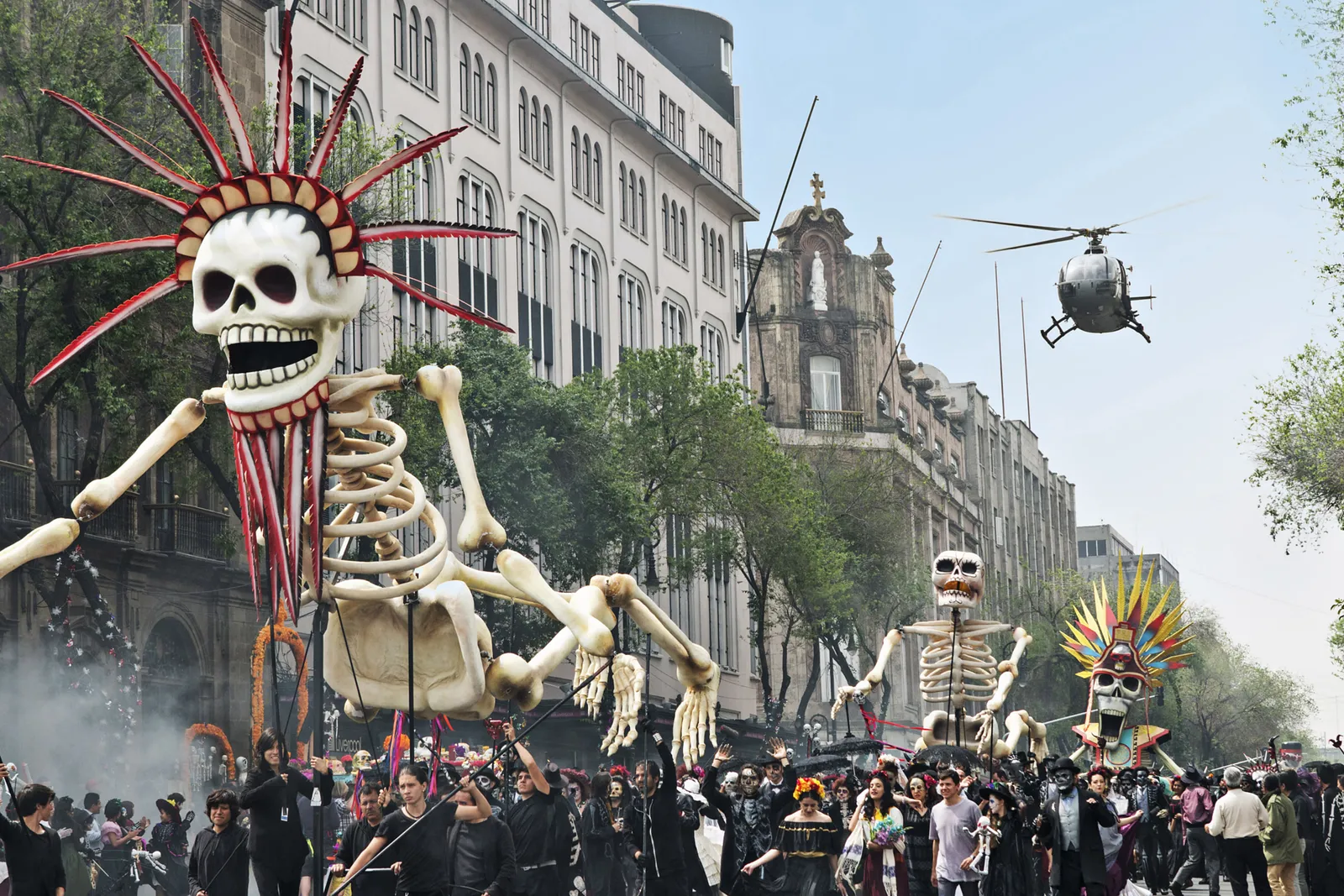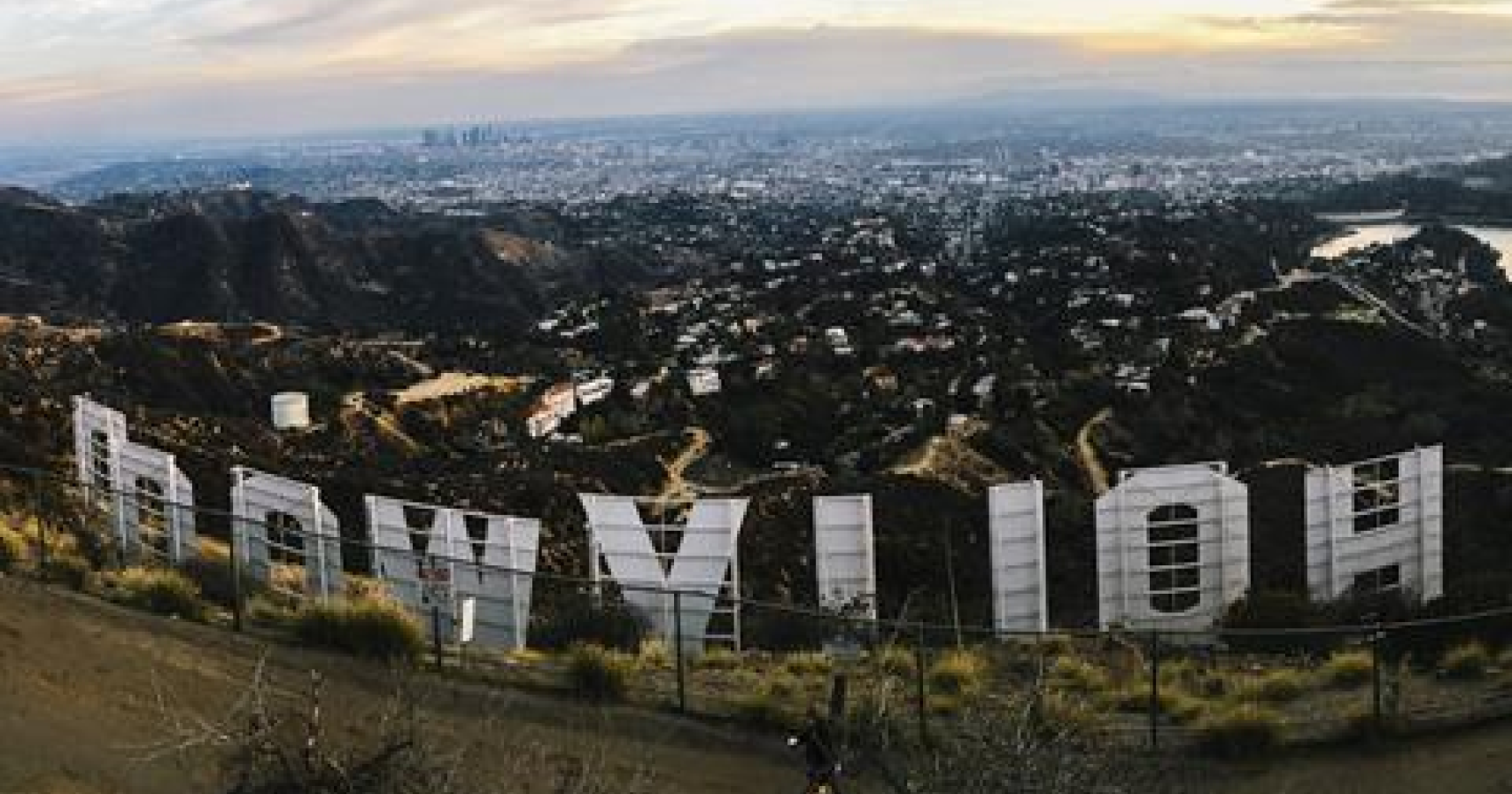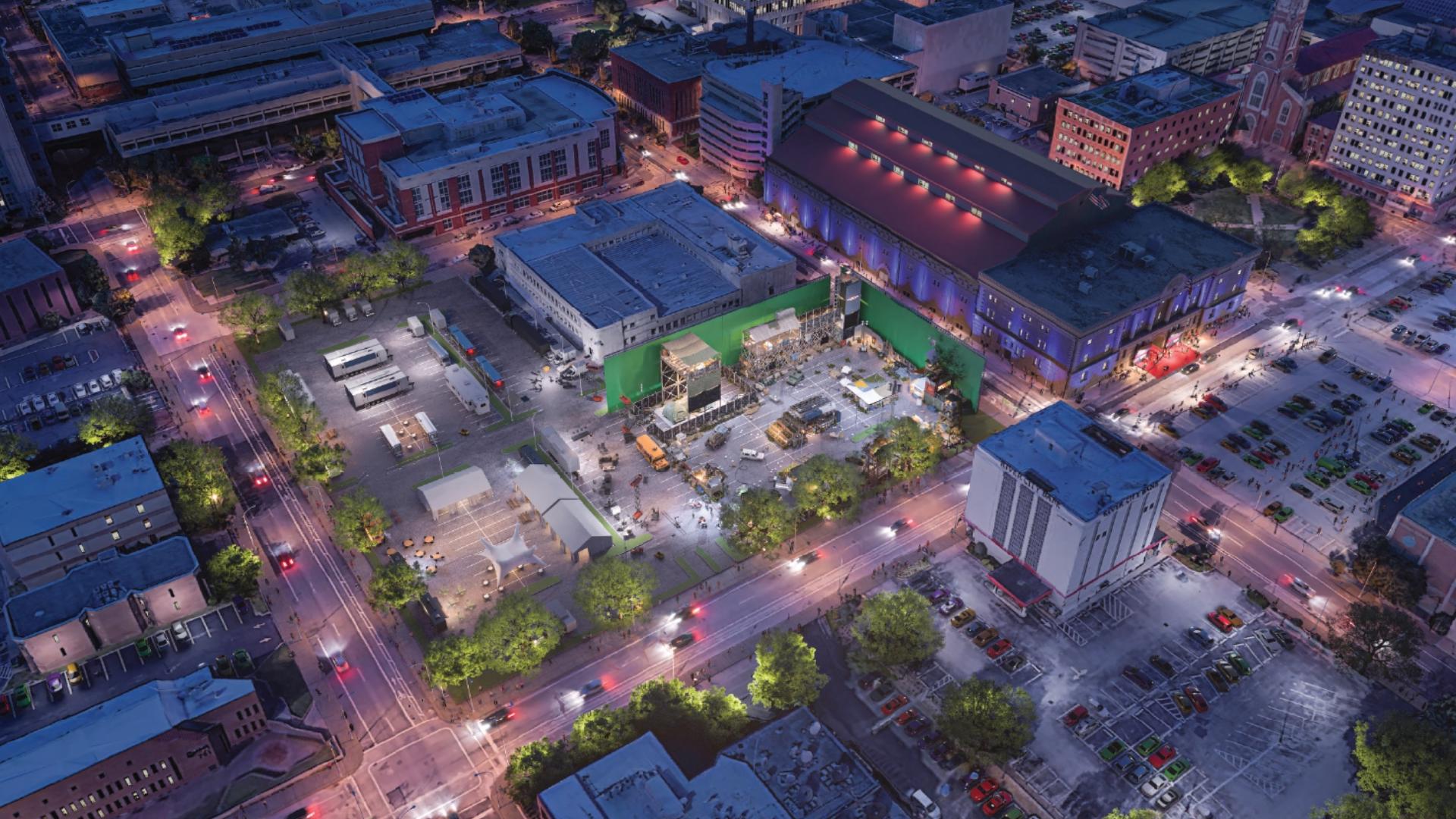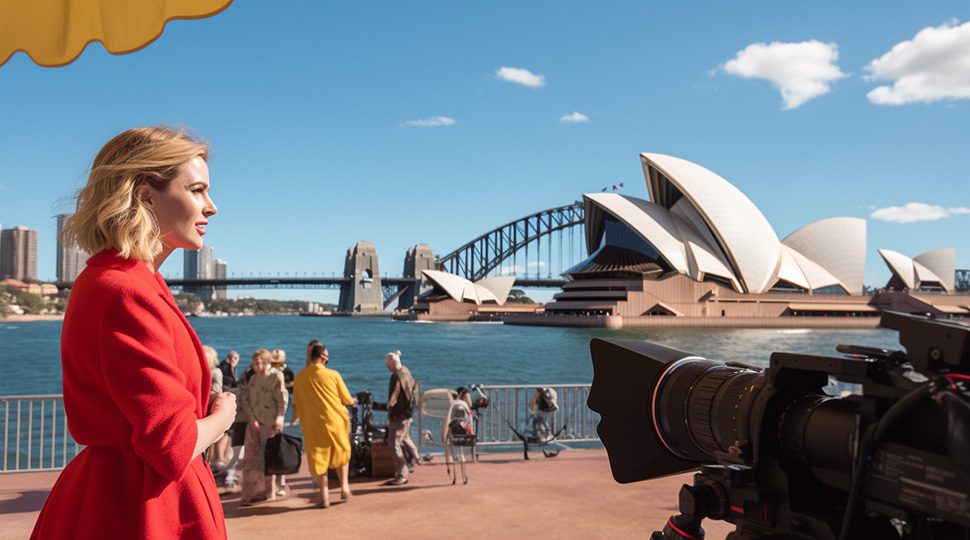Sir Ridley Scott has revealed that Napoleon was shot in only 62 days when usually a film of this caliber would take double that.
When you have one of the best behind the camera, things tend to flow much better, and Ridley Scott is, without a doubt, one of the masters. Not only is he one of the best directors out there right now, but no one knows how to do cinematic battle scenes better than him, and that is from every angle. It’s not just that Scott knows how to make these scenes look good; he also knows how to plan meticulously as if he’s going to battle himself, leading to a smoother and faster production. One would think a film like Napoleon would have been a massive undertaking that would have taken over three months to shoot. Still, Scott revealed during the Deadline’s Contenders London event that usually, a film like this would have taken 110 days but they got it done in only 62.
“Normally, a film like this would be shot in around 110,” he revealed. “I discovered years ago that eight cameras are eight times faster. Every department has to be able to keep up with my speed. Actors don’t want to hear the story of life before each take. I discovered that early on. A well-known Welsh actor once told me, ‘I love what you do because you move so quickly.’ You’ve got to know the geometry of the scene. If you don’t, it’ll be 3 p.m. before your first shot gets rolling.”
That is insane considering the film’s scope that we have seen so far, but it also isn’t surprising. When you get a professional like Scott to make a film like Napoleon, you shouldn’t expect any drama behind the scenes. Still, to hear that Scott did in 62 days compared to what others would have needed 100+ days to do? Insanity, and you know this film will be directed flawlessly on top of it. Sometimes, people are so talented it’s annoying.
Filming In Malta
“The siege of Toulon was Napoleon’s first military victory where he really showed his potential as a future expert in the field,” says Aiden Elliott, Executive Producer on Napolean. “There was a very specific geography needed to achieve this and Ridley, being someone who likes to do things practically as much as possible as opposed to visual effects, remembered Valletta and the port there, which is a spectacular Napoleonic port.”
When the production team began scouting locations for the film, they found that Malta was about to introduce an enhanced cash rebate, stipulating more attractive incentives that included a new hybrid above-the-line cap and opening up below-the-line expenditures to all international crews.
“There was a beta version of it flying around, an unapproved white paper that was doing the works in the government and the idea was that we’d be the first film to actually take advantage of it, which we happily did,” says Elliott. “It just absolutely cemented our decision to go there because not only did we have this great location and backdrop, but we also had this incredibly, incredibly generous cash rebate.”
He adds, “I would go almost as far to say it’s probably the most generous cash rebate in the world, and I don’t say that lightly.”
What’s so attractive about this rebate, from an international perspective, is that it applies not only to local crew and local facilities, but it applies to all incoming crew and, even equipment coming in from the outside, “so long as it can’t be sourced locally in Malta,” says Elliott.
“We took around 500 people to Malta and we were able to get the rebate on all of those people and that equipment,” he says.
Napoleon (which is estimated to be a more than $100 million budget) shot 15 days of its 100-day shoot in Malta and was, says Elliott, an incredible experience. He was particularly impressed by the strength in its local construction departments.
“We built the Toulon sets on the very same ground that Ridley had previously built the Colosseum for Gladiator and [Ridley said] there were a lot of the same faces in the construction this time around,” says Elliott.
“The quality and the finish of the sets were exemplary – as you know [production designer] Arthur Max is a very demanding designer with very high standards, and he was very happy with the finish.”
Malta Film Studios
Meanwhile, Michael Malone, producer for Apple TV+’s sci-fi hit Foundation, used Malta’s extensive water tank facilities to create a water world in the Foundation universe.
“The water tanks are exceptional,” says Malone, who is well-versed on water tank facilities after his work on Life of Pi. “We used all three for a science fiction scene where it’s like the drain of a big city.”
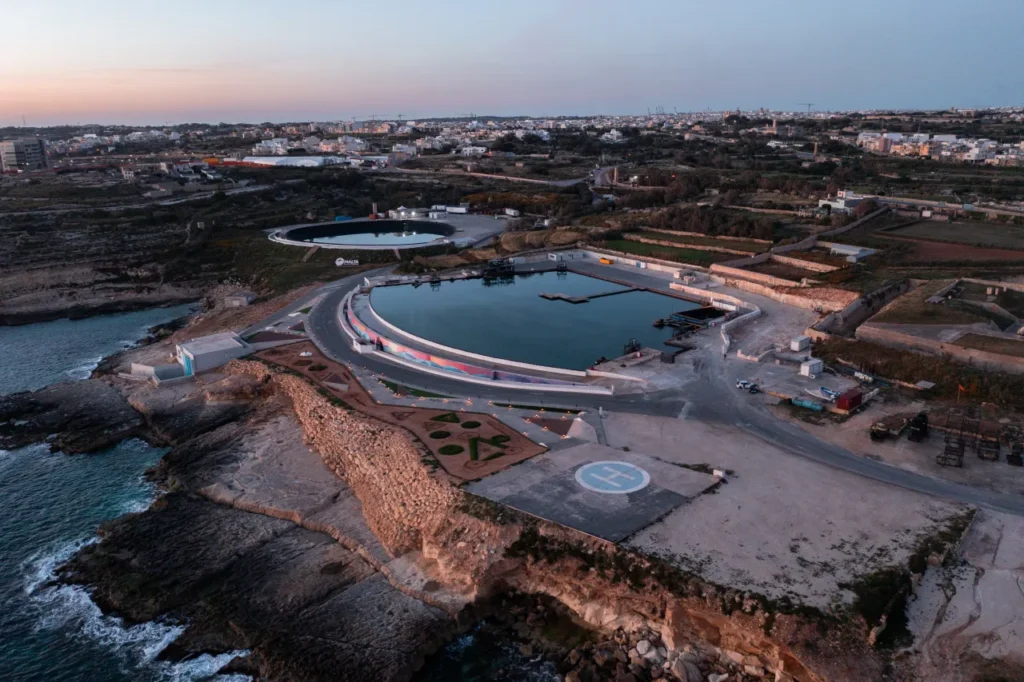
The three water tank facilities at Malta Film Studios include: the Shallow Tank, which is two meters deep and used for special effects sequences; the Insert Tank, a freshwater tank used for close-up underwater shots; and the Deep Tank, which is used for underwater set-builds.
“The tanks in Malta are very versatile and you can put a ship either in the Big Tank or the Deep Tank,” says Malone. “They suited our production to a tee, and I just loved working there.”
He adds, “I intend to come back to Malta for sure – you can get antiquities and modern Europe and Valletta offers so many different looks. I was really surprised at how accessible all the locations are and how great they look. The harbors are just amazing.”
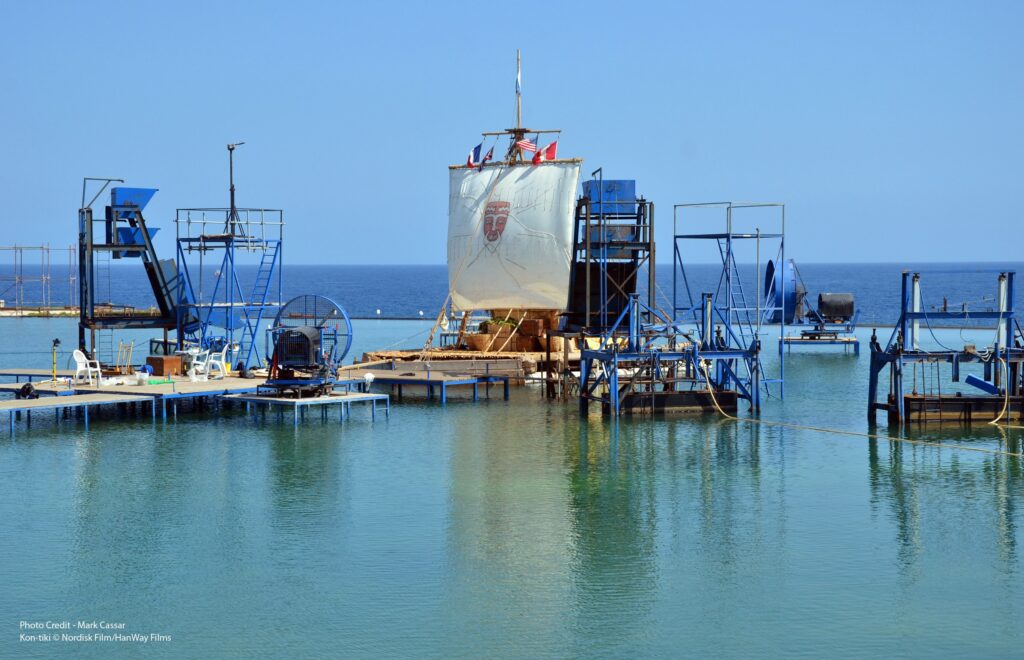
As ever with generous rebates being offered up, there has been some local pushback and Elliott notes that it’s inevitable that one would question the long-term affordability of this latest incentive.
“Johann [Grech] and his team have obviously run these numbers and, like most of these rebates, they often do show to pay their own way as they have in the UK,” says Elliott. “I suppose there is always going to be a political component about how people feel about large amounts of money being spent on silly little movies but, so far, it’s proved very successful. Films are lining up to go there and, as long as that happens and it’s not just a flash in the pan, they’re going to build Malta into a very, very strong business.”
He adds, “There’s a real genuine feeling that they want to try and make something lasting there and you don’t get that everywhere. So, it was quite refreshing, and I think that does make you want to go back if the movie is right for it.”
The Malta Cash Rebate
Productions which satisfy a cultural test can benefit from a rebate up to 40% of eligible expenditure. Qualifying productions are required to present a provisional application to the Malta Film Commission, including a detailed projection of the Malta budget for the production. The rebate is given once filming is complete and on receipt of the audit report and upon final review by the Commissioner, the cash rebate is forwarded to the qualifying production no later than five months from the date of receipt of the presented production expenditure in Malta. Feature film, Television film or Television Series or Mini-Series, Animation, Creative documentary, Transmedia and Cross-media productions are all eligible for the incentives, provided that they are all or partially produced in Malta. Qualifying expenditure incurred during production in Malta on EU services is eligible for a cash rebate, including the following items: EU below-the-line labour, accommodation, transportation equipment and hire, location fees, catering services, per diems, leasing of offices, computer equipment, props, property, animals, equipment, vehicles, and boats. Other qualifying expenditure includes wardrobe rentals, courtesy payments, telecommunications, craft service, laundry and cleaning services and professional services.








